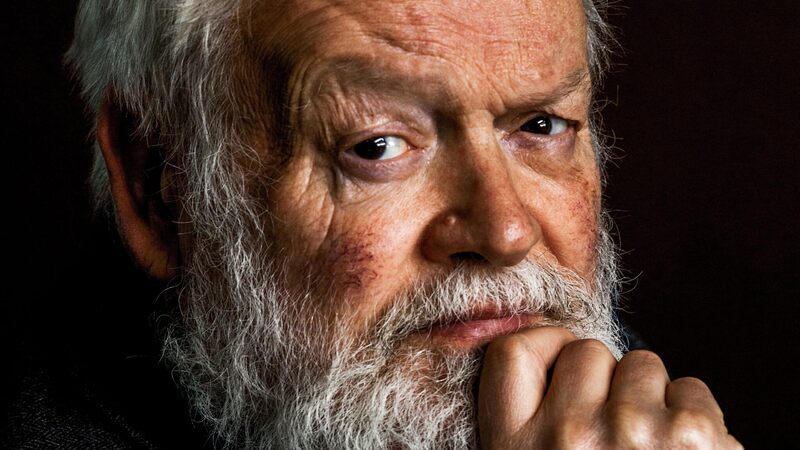You are viewing your 1 free article this month. Login to read more articles.
'Reach out to ignored readers', FutureBook panel urges
Publishers can't afford to be complacent if they are to help authors get more of their books into the hands of readers, agreed a panel of industry voices on how to navigate a "distracted world".
Part of a Futurebook 2017 Conference that had already touched on the issue of diversity in its first keynote by Bonnier Publishing c.e.o Richard Johnson, Aimee Felone, co-founder of commercial children's publisher Knights Of, argued diversity and accessibility went hand in hand.
Sceptical that current talk in the industry of how to improve BAME inclusivity was any more than "just a buzzword" for some publishers, she said the trade needed to hire more diversely at director level and be looking to other industries to avoid "narrow assumptions about readers" potentially restricting the market.
"Looking at the opportunities to draw readers in, I think we have to look at the readers who are being ignored," she said. "It's about marketing spend per book that will push them into as many spaces as possible ... Growing up in Lewisham, there is not one bookshop there that is not a W H Smith; for us it is about engaging those readers.
"We also need to make publishing more open. We can give authors the push but if they're not hiring a workforce that is not as inclusive as it could be, they are signalling to readers there is no place for them."
More affordable price points and engaging with readers in the spaces they already occupy - such as YouTube - may also help, she said. As Nicola Solomon, chief executive of the Society of Authors, pointed out, the danger is books will be "siloed" from the rest of the internet.
Canelo's Nick Barreto, whose job centres around programming, thought different formats could help maximise audiences for stories. Taking inspiration from the gaming industry, his verdict was the trade suffered from a "problem of formats" and could do with upping its game when it comes to exploring new formats for storytelling and its promotion.
"I think we are in the business of telling stories, not selling books. And where the stories are told, in what medium, it doesn't matter. As an industry that thinks about narrative all the time, we are not very good at telling stories outside the main flow of a text," he continued. "An example is book posters on the underground that just have a picture of a book. That doesn't excite anybody, that doesn't make anybody want to read anything.
"To help more authors reach more readers in new formats, it's about reaching authors and readers where they already are, rather than expecting them to come to us."
Curtis Brown agent Gordon Wise, who spoke to six writers on this subject ahead of the panel event, said authors couldn't understand why publishers didn't invest more in their social media education, if it is so important for discovery.
Some said they wanted more transparency about what publishers were doing to sell their books. Given a huge proportion of their earnings went to publishers, one suggestion was for houses to organise "social media mentors" for authors less comfortable yet under to pressure to deliver on platforms like Twitter.
Solomon agreed: "You go to a big publisher to have full access to their suite of services."
Kindle Direct Publishing author Mark Dawson meanwhile remarked it was now "a golden time to be a writer" since it has never been easier for them to reach readers by taking direct control of their own mailing lists, promotion and marketing, and, by cutting out traditional publishers, their profits.


















